|
|||
|
||||
|
||||
Whatever the cause, the tissues supporting the blood vessels becomes weak. As a result, the blood - vessels dilate; their walls become thin and bleed. If the stretching and pressure continue, the weakened veins protrude.
If you notice any of the following, you may have piles( hemorrhoids): Bleeding while passing stools. Protrusion while passing stools. Itching in the anal area. Pain - only in advanced stages. Sensitive lump(s).
Do piles leads to cancer ?
No.
There is no relationship between piles and cancer. However, the symptoms of piles, particularly bleeding, are similar to those of colorectal cancer and other diseases of the digestive system. Therefore, it is important that all symptom are investigated by a specialist doctor trained in treating diseases of the colon and rectum. Do not rely on quacks(unauthorized and unqualified practitioners) or other self-treatments.
How are piles(hemorrhoids) treated?
In cases of severe, persistent pain, due to a clot in the pile, your doctor may suggest to remove the clot with a small procedure. Performed under local anesthesia as an outpatient, this procedure provide immediate relief.
Hemorroids require treatment depending on thier severity and intensity of symptoms .Single important symptom which require attention is bleeding. sometimes they bleed so profusely, that it cuases anemia. |
||||
Home I Piles I Fistula I Fissure I Contact Us I Feedback
Site Powered By : www.calcuttayellowpages.com
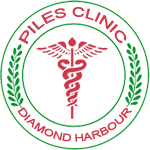
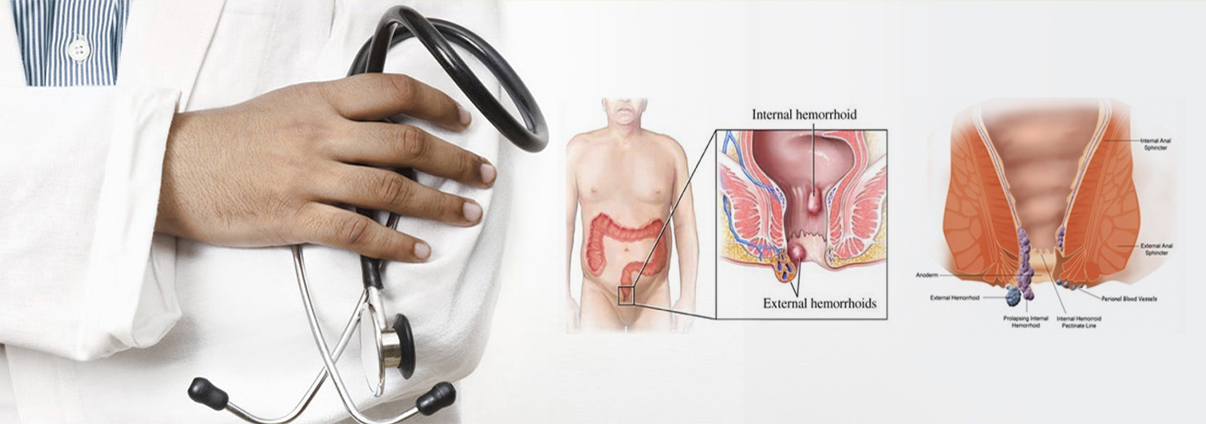
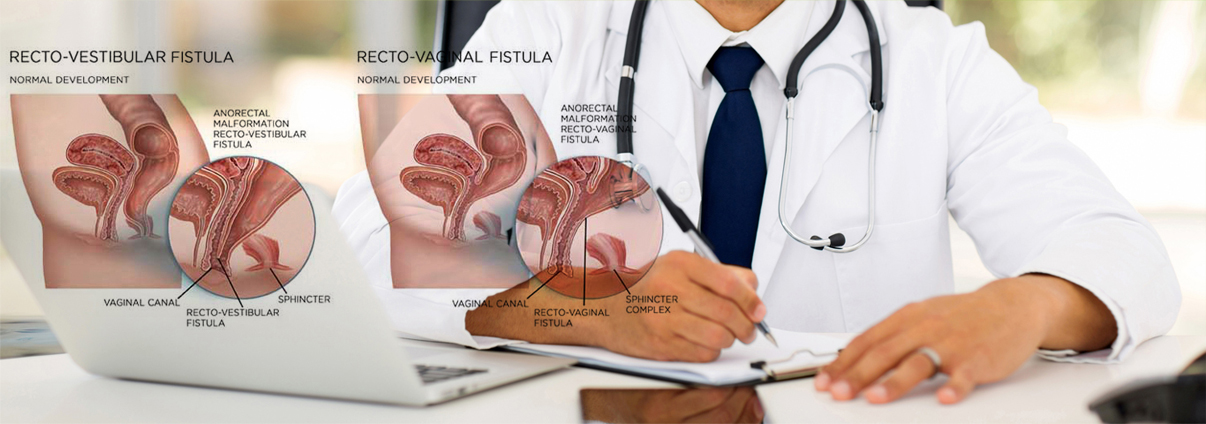
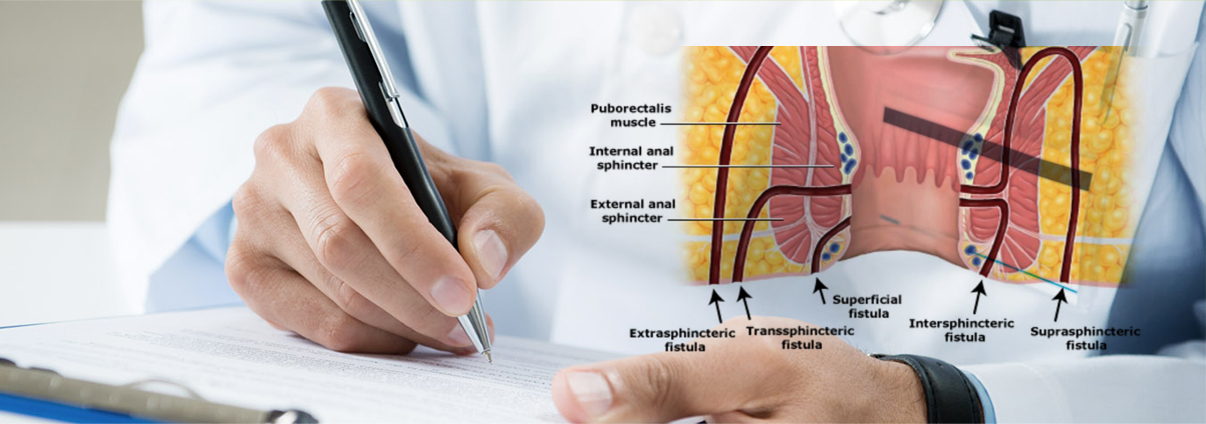
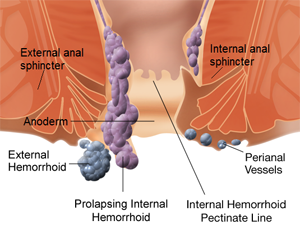
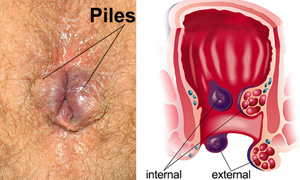 What are the symptoms?
What are the symptoms?